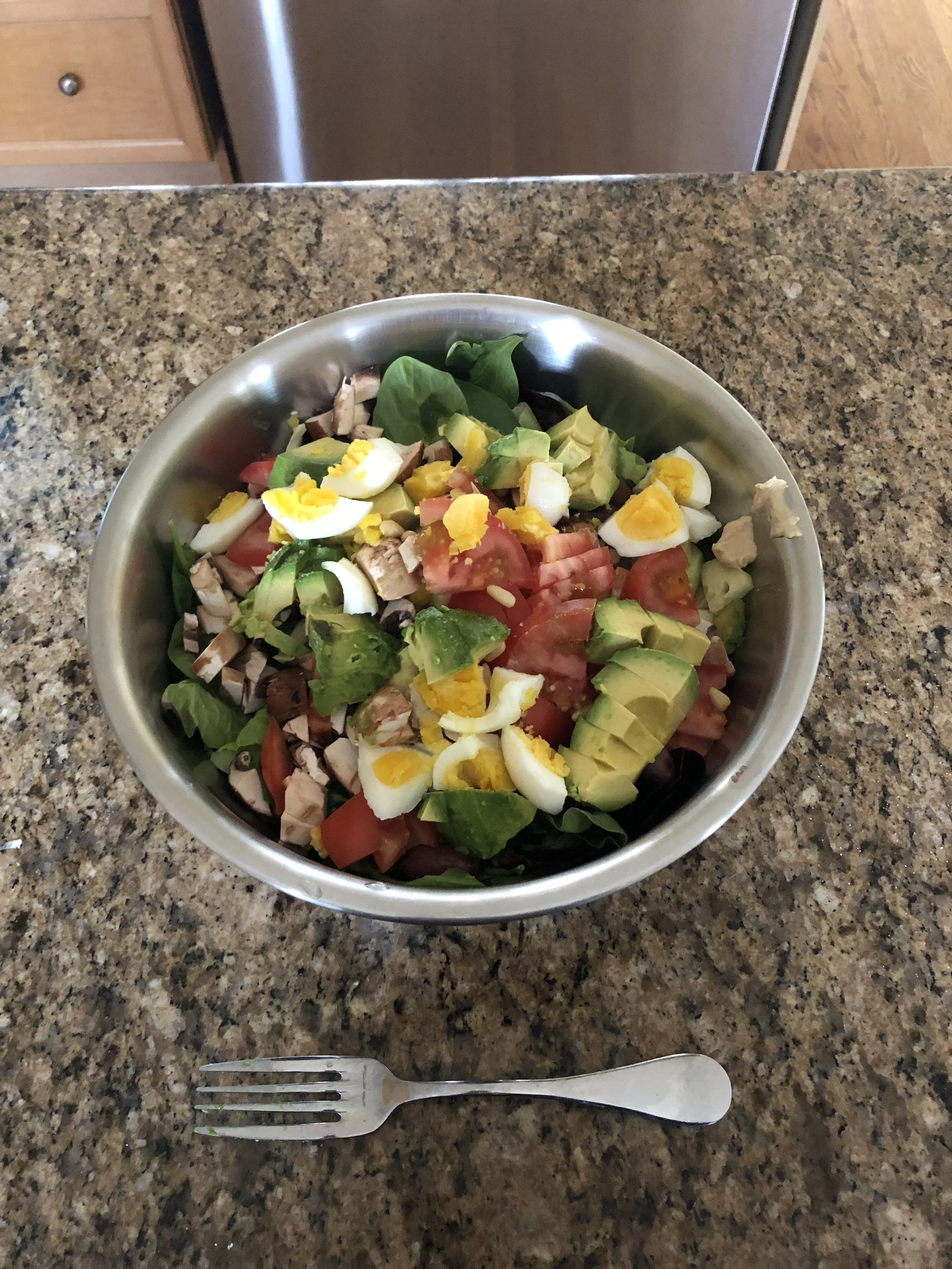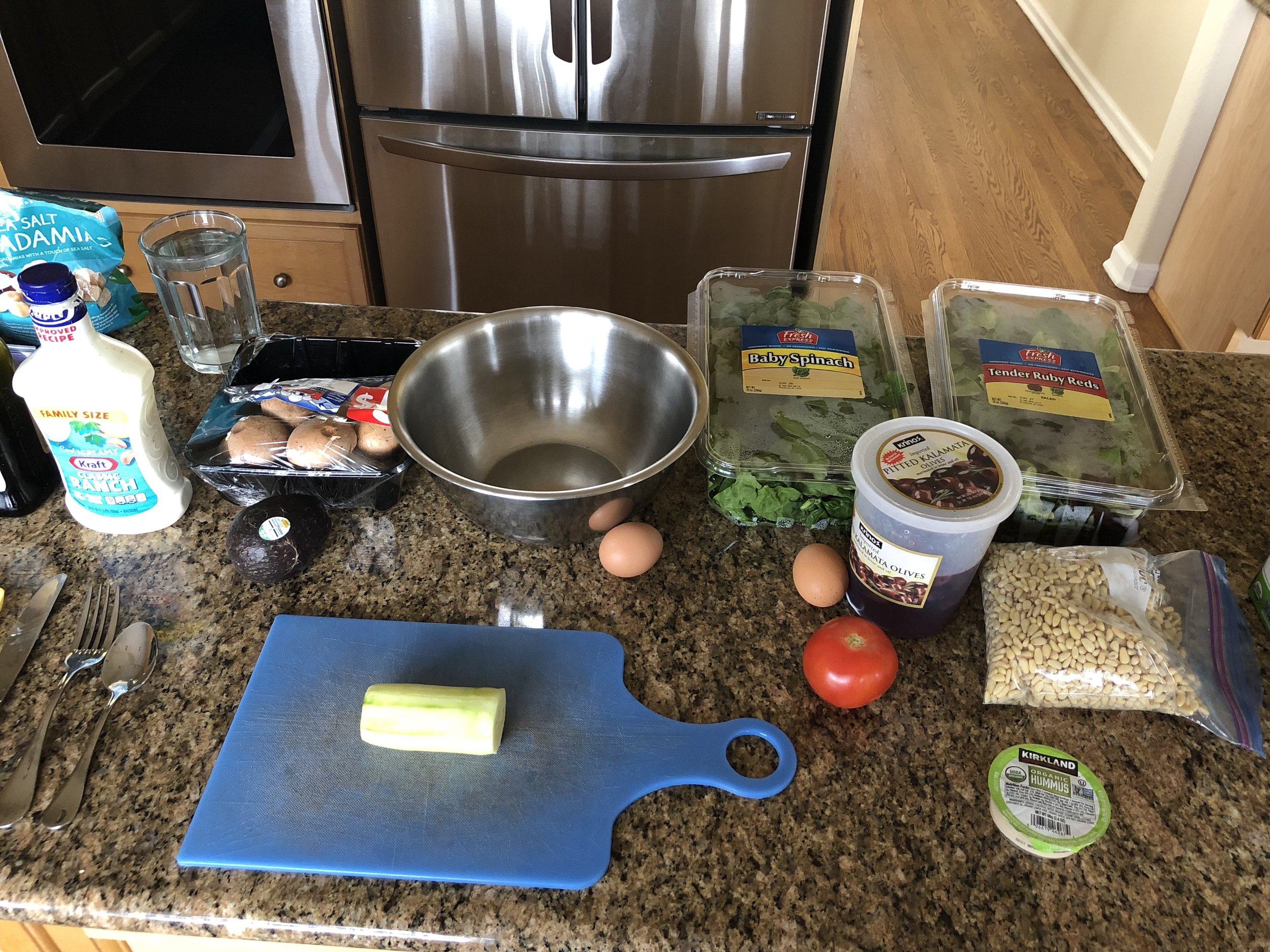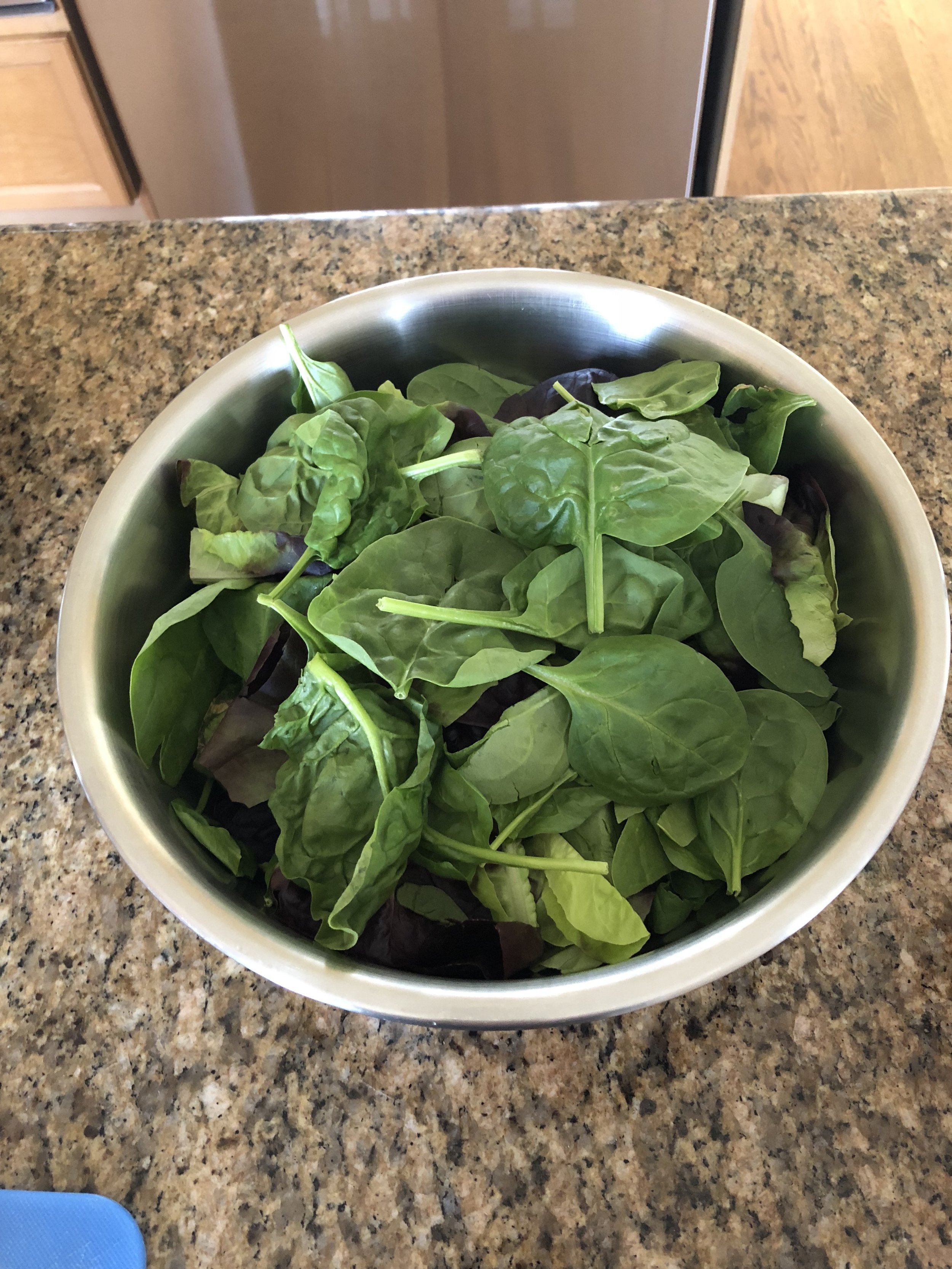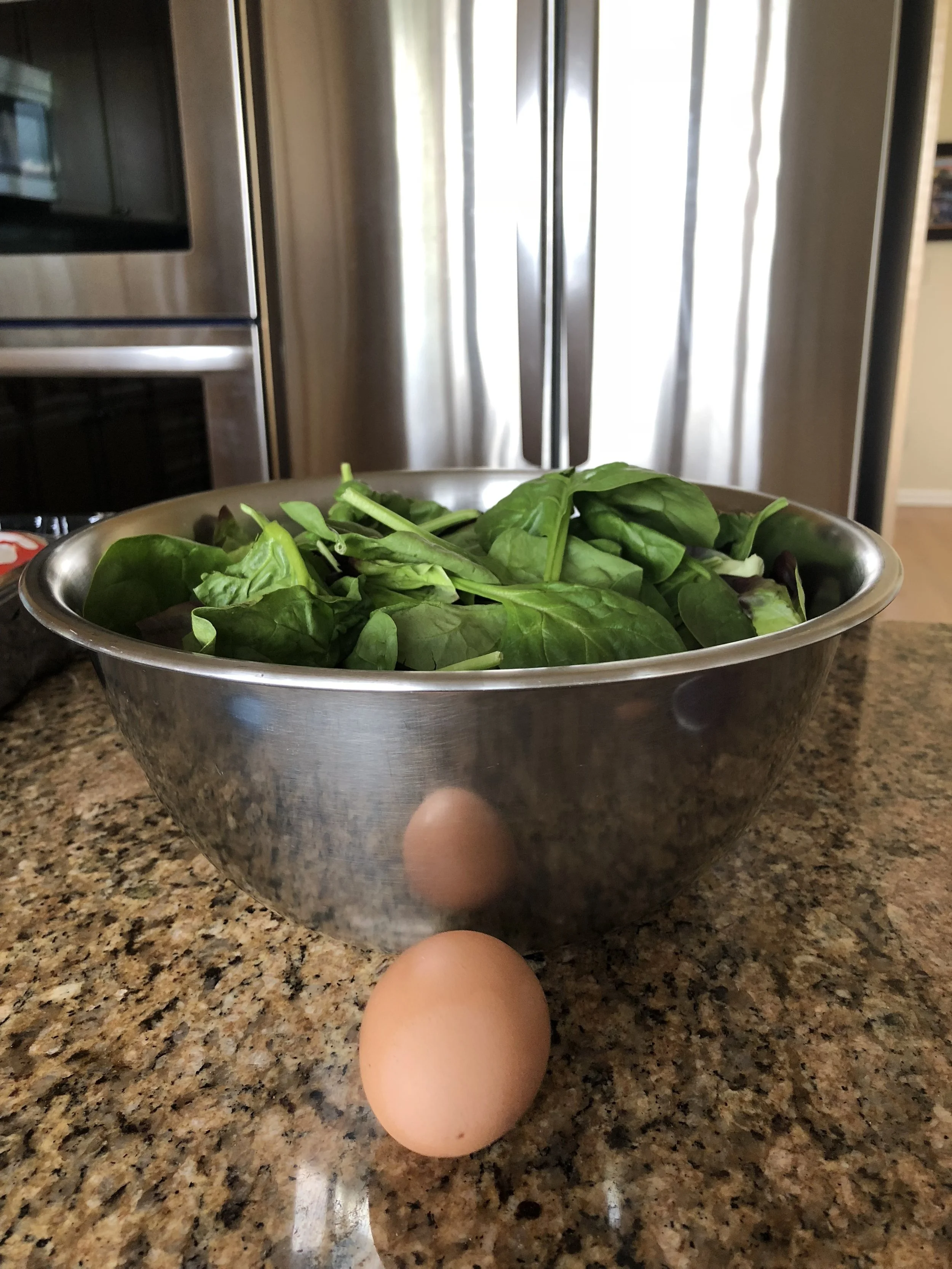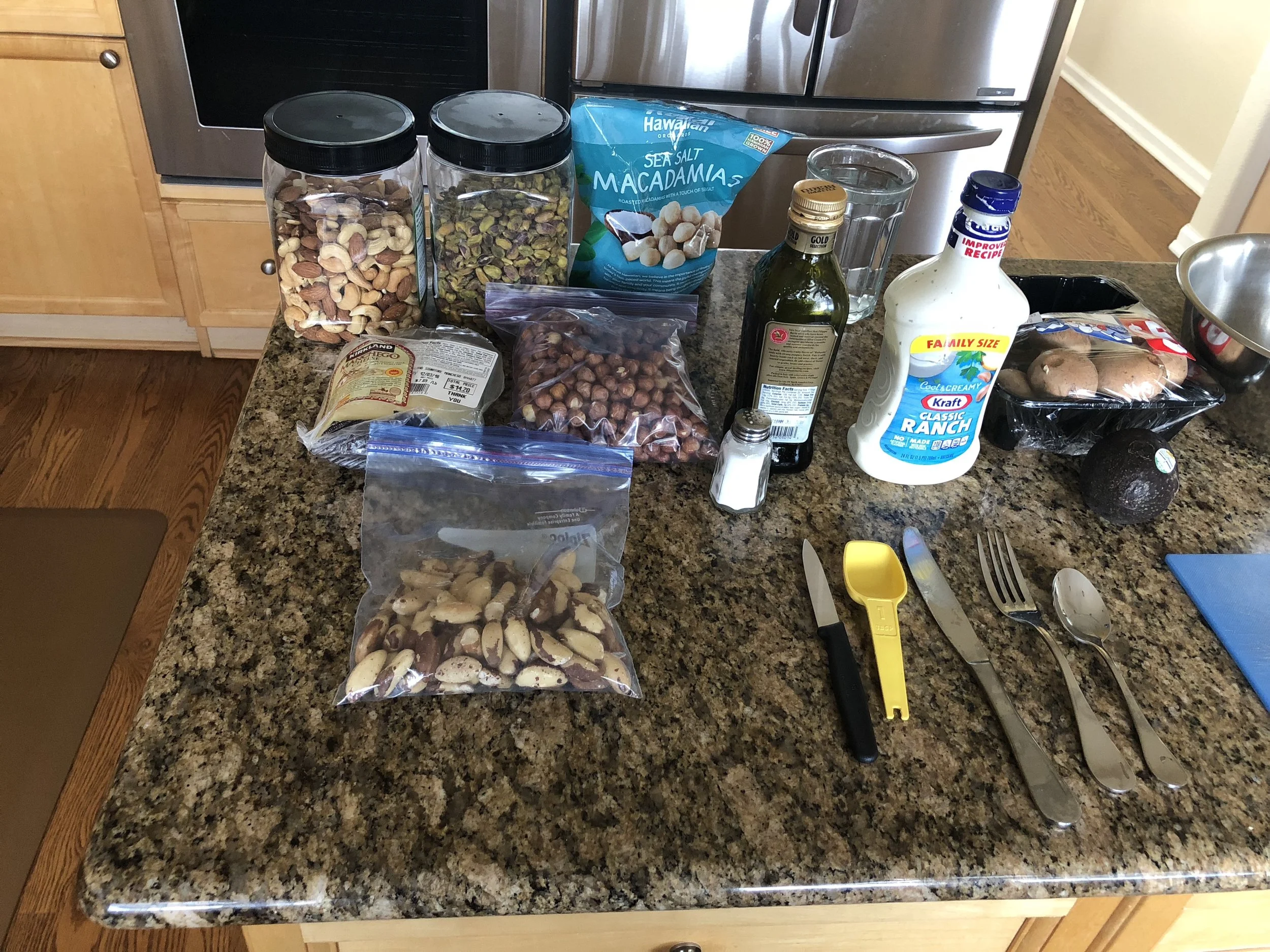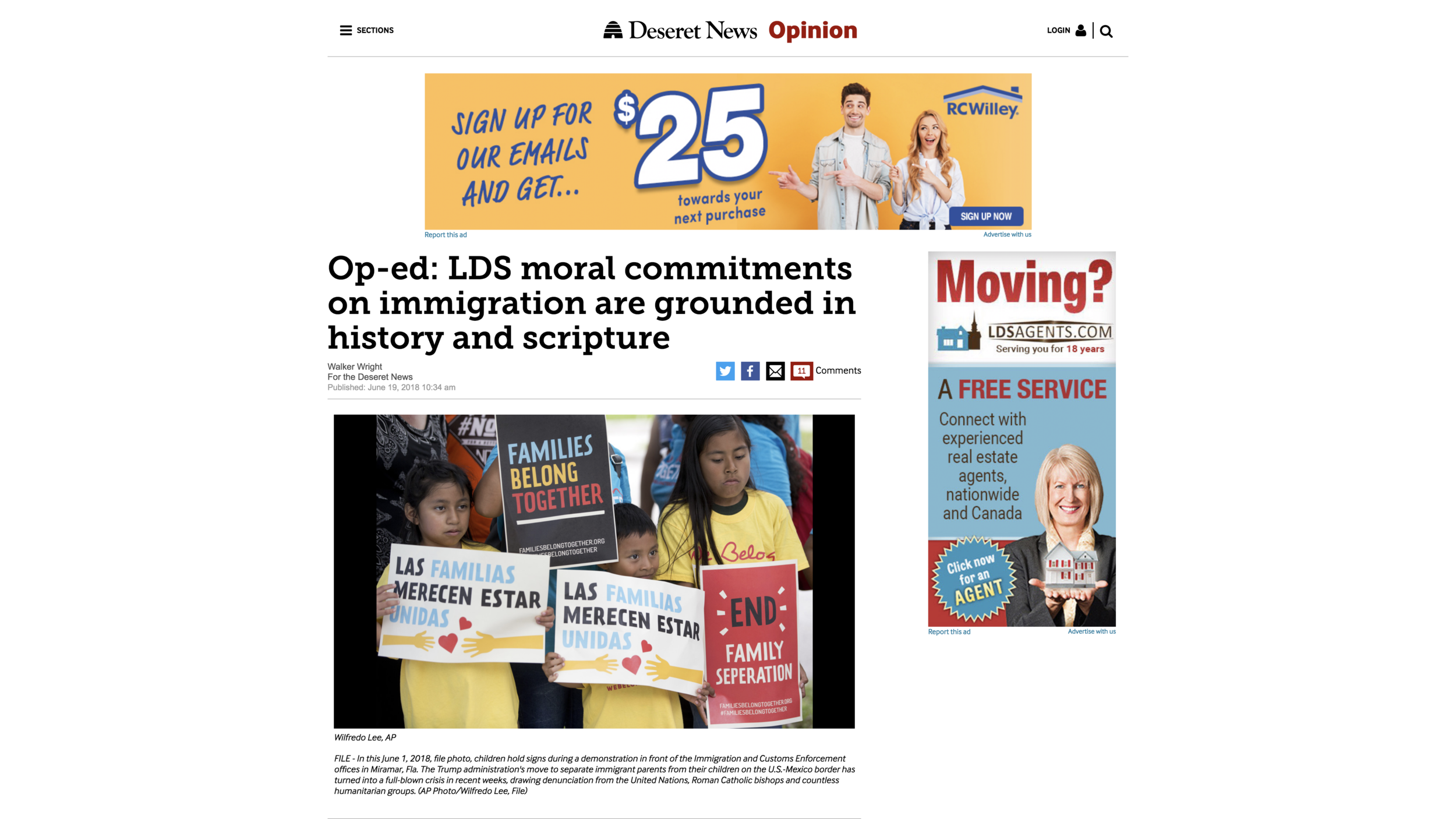John Locke: The Law Must Apply to Rulers, Too
The principle that law must apply to the head of a nation as well as to everyone else is an important one. We feel this principle strongly with our own leaders, but still may not appreciate the full importance of this rule, since it deters many possible evils that are less salient because they don't actually happen.
Thus, it is good to have a reminder from John Locke in Sections 90-94 of John Locke's 2d Treatise on Government: “Of Civil Government” (in Chapter VII, "Of Political or Civil Society") of what happens when rulers are not subject to law: it is like being in the state of nature, unilaterally disarmed in the face of someone who at best is a judge in his or her own case, at worst an out-and-out predator. The full text of the passage is below. But let me first draw out what strike me as the most telling passages:
- He that would have been insolent and injurious in the woods of America, would not probably be much better in a throne; where perhaps learning and religion shall be found out to justify all that he shall do to his subjects, and the sword presently silence all those that dare question it ...
- ... every man, who loves his own power, profit, or greatness, may, and naturally must do, keep those animals from hurting, or destroying one another, who labour and drudge only for his pleasure and advantage; and so are taken care of, not out of any love the master has for them, but love of himself, and the profit they bring him ...
- ... if it be asked, what security, what fence is there, in such a state, against the violence and oppression of this absolute ruler? the very question can scarce be borne ...
- Betwixt subject and subject, they will grant, there must be measures, laws and judges, for their mutual peace and security: but as for the ruler, he ought to be absolute, and is above all such circumstances; because he has power to do more hurt and wrong, it is right when he does it.
- To ask how you may be guarded from harm, or injury, on that side where the strongest hand is to do it, is presently the voice of faction and rebellion: as if when men quitting the state of nature entered into society, they agreed that all of them but one should be under the restraint of laws, but that he should still retain all the liberty of the state of nature, increased with power, and made licentious by impunity. This is to think, that men are so foolish, that they take care to avoid what mischiefs may be done them by pole-cats, or foxes; but are content, nay, think it safety, to be devoured by lions.
- ... when time, giving authority, and (as some men would persuade us) sacredness of customs, which the negligent, and unforeseeing innocence of the first ages began, had brought in successors of another stamp, the people finding their properties not secure under the government ... could never be safe nor at rest ... till the legislature was placed in collective bodies of men, call them senate, parliament, or what you please. By which means every single person became subject, equally with other the meanest men, to those laws, which he himself, as part of the legislative, had established; nor could any one, by his own authority, avoid the force of the law, when once made; nor by any pretence of superiority plead exemption, thereby to license his own, or the miscarriages of any of his dependents.
- No man in civil society can be exempted from the laws of it: for if any man may do what he thinks fit, and there be no appeal on earth, for redress or security against any harm he shall do; I ask, whether he be not perfectly still in the state of nature, and so can be no part or member of that civil society ...
One implication of John Locke's argument is that when a ruler is not subject to the law, then everyone else in the nation is in a state of nature vis a vis that ruler, and so can legitimately combine together with others to act as vigilantes to punish that ruler if justice demands that the ruler be punished. But the costs of vigilante action to punish a ruler are extraordinarily high—not only bloodshed, but the danger that conspirators against the ruler might be judging their own case and so might judge wrongly. It is much better to have a legal system that can punish the ruler when appropriate.
For rebels and conspirators against a ruler who is not subject to the law, in addition to the danger of judging wrongly that the ruler has committed an injustice that deserves to be punished, there is also the danger that an offense by the ruler that ought to be punished by a penalty less than death will be punished by death because only death seems effective in preventing the ruler from retaliating. However, it might be reasonable to stipulate that any ruler is deserving of death who does not agree either (a) to become subject to the law or (b) to remain outside civil society but to resign. In that case, tyrannicide would always be justified, as long as the ruler was first loudly called upon to either become subject to the law or to resign, with due time given to the ruler to contemplate the merits of that demand.
For links to other John Locke posts, see these John Locke aggregator posts:
- John Locke's State of Nature and State of War
- On the Achilles Heel of John Locke's Second Treatise: Slavery and Land Ownership
Here is the full passage, including John Locke's footnotes to it:
§. 90. Hence it is evident, that absolute monarchy, which by some men is counted the only government in the world, is indeed inconsistent with civil society, and so can be no form of civil government at all: for the end of civil society, being to avoid, and remedy those inconveniences of the state of nature, which necessarily follow from every man’s being judge in his own case, by setting up a known authority, to which every one of that society may appeal upon any injury received, or controversy that may arise, and which every one of the 1 society ought to obey; wherever any persons are, who have not such an authority to appeal to, for the decision of any difference between them, there those persons are still in the state of nature; and so is every absolute prince, in respect of those who are under his dominion.
§. 91. For he being supposed to have all, both legislative and executive power in himself alone, there is no judge to be found, no appeal lies open to any one, who may fairly, and indifferently, and with authority decide, and from whose decision relief and redress may be expected of any injury or inconveniency, that may be suffered from the prince, or by his order: so that such a man, however intitled, Czar, Grand Seignor, or how you please, is as much in the state of nature, with all under his dominion, as he is with the rest of mankind: for wherever any two men are, who have no standing rule, and common judge to appeal to on earth, for the determination of controversies of right betwixt them, there they are still in the state of nature, 2 and under all the inconveniences of it, with only this woeful difference to the subject, or rather slave of an absolute prince: that whereas, in the ordinary state of nature, he has a liberty to judge of his right, and according to the best of his power, to maintain it; now, whenever his property is invaded by the will and order of his monarch, he has not only to appeal, as those in society ought to have, but as if he were degraded from the common state of rational creatures, is denied a liberty to judge of, or to defend his right; and so is exposed to all the misery and inconveniences, that a man can fear from one, who being in the unrestrained state of nature, is yet corrupted with flattery, and armed with power.
§. 92. For he that thinks absolute power purifies men’s blood, and corrects the baseness of human nature, need read but the history of this, or any other age, to be convinced of the contrary. He that would have been insolent and injurious in the woods of America, would not probably be much better in a throne; where perhaps learning and religion shall be found out to justify all that he shall do to his subjects, and the sword presently silence all those that dare question it: for what the protection of absolute monarchy is, what kind of fathers of their countries it makes princes to be, and to what a degree of happiness and security it carries civil society, where this sort of government is grown to perfection, he that will look into the late relation of Ceylon, may easily see.
§. 93. In absolute monarchies indeed, as well as other governments of the world, the subjects have an appeal to the law, and judges to decide any controversies, and restrain any violence that may happen betwixt the subjects themselves, one amongst another. This every one thinks necessary, and believes he deserves to be thought a declared enemy to society and mankind, who should go about to take it away. But whether this be from a true love of mankind and society, and such a charity as we owe all one to another, there is reason to doubt: for this is no more than what every man, who loves his own power, profit, or greatness, may, and naturally must do, keep those animals from hurting, or destroying one another, who labour and drudge only for his pleasure and advantage; and so are taken care of, not out of any love the master has for them, but love of himself, and the profit they bring him: for if it be asked, what security, what fence is there, in such a state, against the violence and oppression of this absolute ruler? the very question can scarce be borne. They are ready to tell you, that it deserves death only to ask after safety. Betwixt subject and subject, they will grant, there must be measures, laws and judges, for their mutual peace and security: but as for the ruler, he ought to be absolute, and is above all such circumstances; because he has power to do more hurt and wrong, it is right when he does it. To ask how you may be guarded from harm, or injury, on that side where the strongest hand is to do it, is presently the voice of faction and rebellion: as if when men quitting the state of nature entered into society, they agreed that all of them but one should be under the restraint of laws, but that he should still retain all the liberty of the state of nature, increased with power, and made licentious by impunity. This is to think, that men are so foolish, that they take care to avoid what mischiefs may be done them by pole-cats, or foxes; but are content, nay, think it safety, to be devoured by lions.
§. 94. But whatever flatterers may talk to amuse people’s understandings, it hinders not men from feeling; and when they perceive, that any man, in what station soever, is out of the bounds of the civil society which they are of, and that they have no appeal on earth against any harm, they may receive from him, they are apt to think themselves in the state of nature, in respect of him whom they find to be so; and to take care, as soon as they can, to have that safety and security in civil society, for which it was first instituted, and for which only they entered into it. And therefore, though perhaps at first, (as shall be shewed more at large hereafter in the following part of this discourse,) some one good and excellent man having got a pre-eminency amongst the rest, had this deference paid to his goodness and virtue, as to a kind of natural authority, that the chief rule, with arbitration of their differences, by a tacit consent devolved into his, without any other caution, but the assurance they had of his uprightness and wisdom; yet when time, giving authority, and (as some men would persuade us) sacredness of customs, which the negligent, and unforeseeing innocence of the first ages began, had brought in successors of another stamp, the people finding their properties not secure under the government, as then it was, (whereas government has no other end but the preservation of property 3) could never be safe nor at rest, nor think themselves in civil society, till the legislature was placed in collective bodies of men, call them senate, parliament, or what you please. By which means every single person became subject, equally with other the meanest men, to those laws, which he himself, as part of the legislative, had established; nor could any one, by his own authority, avoid the force of the law, when once made; nor by any pretence of superiority plead exemption, thereby to license his own, or the miscarriages of any of his dependents. No man in civil society can be exempted from the laws of it: 4 for if any man may do what he thinks fit, and there be no appeal on earth, for redress or security against any harm he shall do; I ask, whether he be not perfectly still in the state of nature, and so can be no part or member of that civil society; unless any one will say, the state of nature and civil society are one and the same thing, which I have never yet found any one so great a patron of anarchy as to affirm.
Note 1. The public power of all society is above every soul contained in the same society; and the principal use of that power is, to give laws unto all that are under it, which laws in such cases we must obey, unless there be reason shewed which may necessarily inforce, that the law of reason, or of God, doth enjoin the contrary, Hooker’s Eccl. Pol. l. i. sect.16. [back]
Note 2. To take away all such mutual grievances, injuries and wrongs, i. e. such as attend men in the state of nature, there was no way but only by growing into composition and agreement amongst themselves, by ordaining some kind of government public, and by yielding themselves subject thereunto, that unto whom they granted authority to rule and govern, by them the peace, tranquillity, and happy estate of the rest might be procured. Men always knew that where force and injury was offered, they might be defenders of themselves; they knew that however men may seek their own commodity, yet if this were done with injury unto others, it was not to be suffered, but by all men, and all good means to be withstood. Finally, they knew that no man might in reason take upon him to determine his own right, and according to his own determination proceed in maintenance thereof, in as much as every man is towards himself, and them whom he greatly affects partial; and therefore that strifes and troubles would be endless, except they gave their common consent, all to be ordered by some, whom they should agree upon, without which consent there would be no reason that one man should take upon him to be lord or judge over an other. Hooker’s Eccl. Pol. l. i. sect. 10. [back]
Note 3. At the first, when some certain kind of regiment was once appointed, it may be that nothing was then farther thought upon for the manner of governing, but all permitted unto their wisdom and discretion, which were to rule, till by experience they found this for all parts very inconvenient, so as the thing which they had devised for a remedy did indeed but increase the sore, which it should have cured. They saw, that to live by one man’s will, became the cause of all men’s misery. This constrained them to come unto laws, wherein all men might see their duty beforehand, and know the penalties of transgressing them. Hooker’s Eccl. Pol. l. i. sect. 10. [back]
Note 4. Civil law being the act of the whole body politic, doth therefore over-rule each several part of the same body. Hooker’s Eccl. Pol. l. i. sect. 10.



